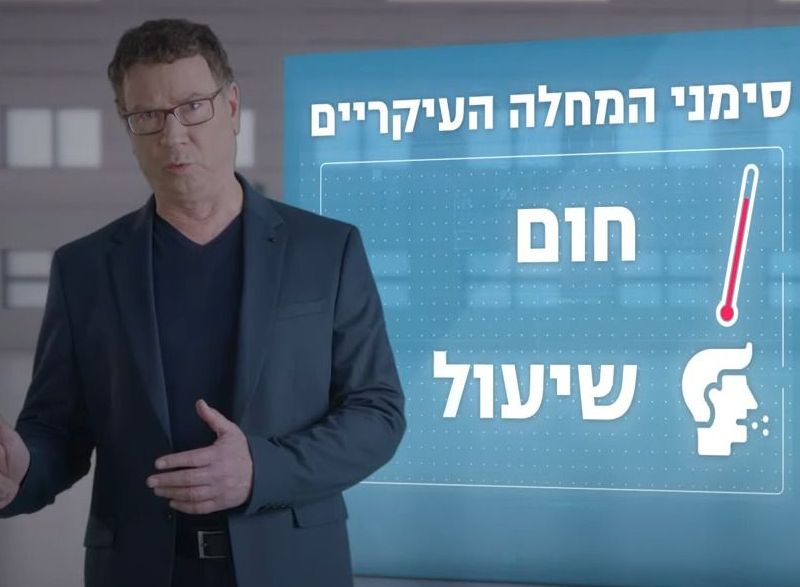Adalah, ACRI file Supreme Court petition against Israel’s Major Coronavirus Law
Adalah – The Legal Center for Arab Minority Rights in Israel filed a petition to the Israeli Supreme Court on Wednesday, 9 September 2020, in its own name and on behalf of the Association for Civil Rights in Israel (ACRI), against Israel’s “Major Coronavirus Law”.
The “Law of Special Powers for Dealing with the New Corona Virus (Temporary Order) 5720-2020”, known both as the "Special Powers Law" and the "Major Coronavirus Law", which was enacted by the Israeli Knesset on 23 July 2020, authorizes the Israeli government to declare a COVID-19-related state of emergency and to employ sweeping powers that may infringe upon and restrict individual rights and liberties of citizens without parliamentary oversight.
The new legislation now anchors in law the same powers that Israel’s government had imposed via emergency regulations during the first wave of the COVID-19 pandemic starting mid-March 2020.
The new law was legislated following harsh criticism by the Supreme Court against the Israeli government in the context of a petition filed by Adalah and the Joint List in April 2020 against Israel’s use of emergency COVID-19 regulations without parliamentary supervision.
Once the new law went into effect, the Israeli Supreme Court dismissed the Adalah-Joint List petition against the emergency COVID-19 regulations ruling five months after the filing of the case that the government is now acting through primary legislation. Adalah Attorney Fady Khoury argues in the new petition against the Major Coronavirus Law that the speedy legislative procedure used to pass the law – which even limited parliamentary debate over the bill to just three hours – is alone justification for repealing the law.
Adalah and ACRI advanced numerous arguments against the constitutionality of the law, which grants the government sweeping powers. The human rights organizations argued that the scope of the powers transferred to the executive branch by the law, as well as the law’s reduction of parliamentary oversight, constitute a violation of the principle of separation of powers and of the rule of law, and of the principle of legal certainty, both generally and in the context of criminal law in particular.
The groups maintain that the granting of authority to the government to declare a state of coronavirus-related emergency is unconstitutional and violates Section 38 (a) of Israel’s Basic Law: Government, which states that only the Knesset is authorized to declare a state of emergency, either by its own initiative or when initiated by the government.
Under the law, the government will have the power, for example, to determine what rate of COVID-19 infection justifies the declaration of a state of emergency and what rate of infection justifies restrictions on public activity as well as the duration of those restrictions. The law also grants the Knesset’s Ministerial Committee the power to declare restricted zones and to determine what restrictions will be imposed in these zones.
The law grants these extreme powers to the government without setting any criteria for determining if, when, or how they can be employed.
With the passage of the Major Coronavirus Law, Israel’s parliament has effectively relinquished the constitutional role granted to it by the Basic Law: The Government to make principled decisions even during a state of emergency. The law instead now empowers Israel’s government to determine these arrangements for itself, while simultaneously reducing parliamentary oversight of government actions.
Adalah and ACRI therefore maintain that Israel’s Major Coronavirus Law violates constitutional principles determined in Israel’s Basic Laws, and must be repealed.
Adalah Attorney Fady Khoury comments:
(Cover photo: Israel Police/Facebook)

















